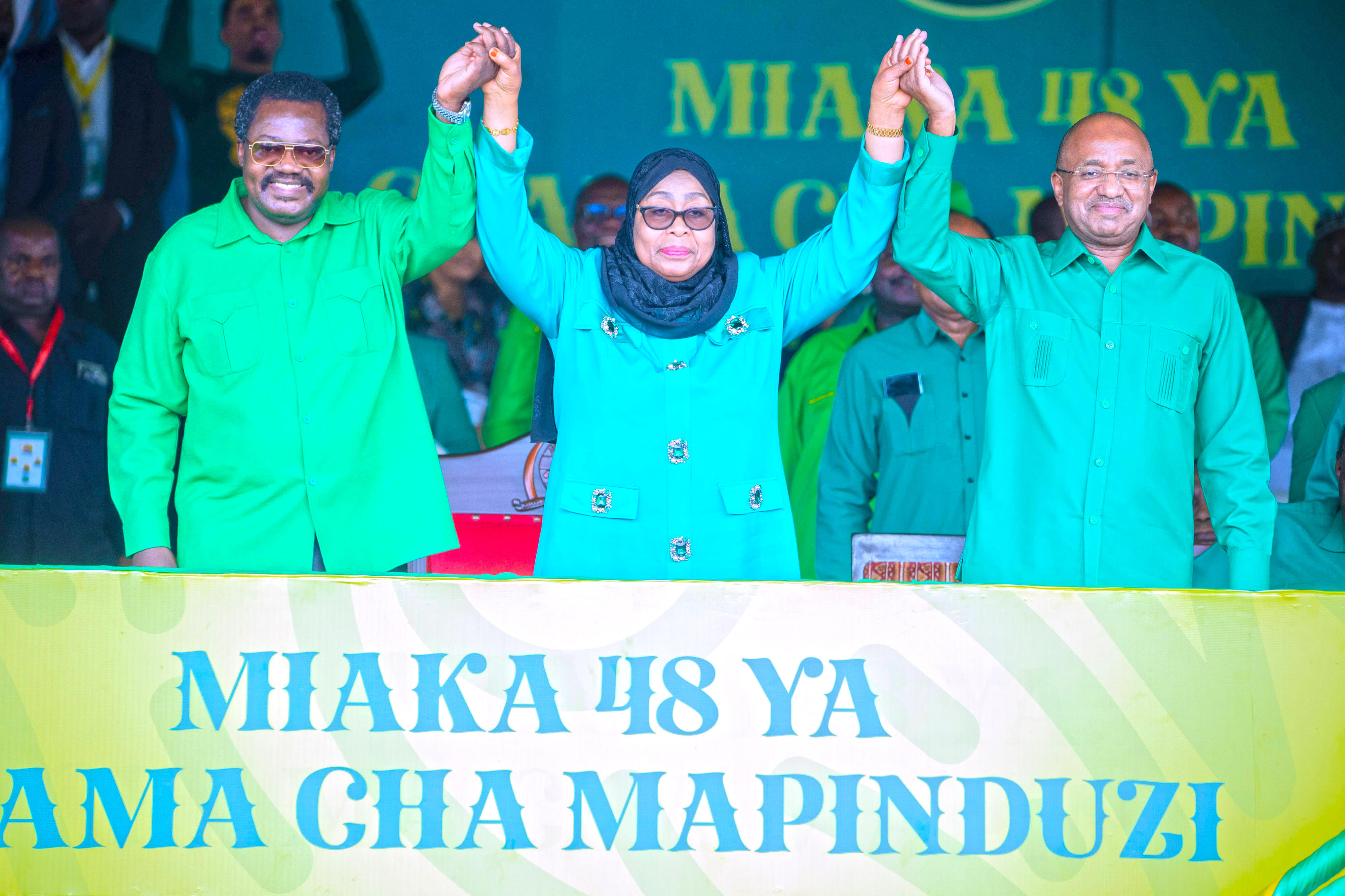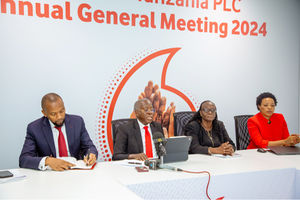African countries commit to finding innovative solutions to environmental challenges

What you need to know:
- African ministers of environment are now putting on board innovation as an agenda that will help tackle environmental challenges in the continent.
Dar es Salaam. Representatives of African governments have pledged to enhance efforts towards implementation of their countries’ policies, legislations and programmes aimed at promoting innovative solutions for overcoming environmental challenges facing the continent.
In a ministerial declaration issued on Wednesday, September 19 at the closing of the African Ministerial Conference on the Environment (AMCEN) in the city here, African governments agreed to enhance innovative environmental solutions and capacity building of human capital to achieve sustainable development in Africa.
According to a statement, Mr Keriako Tobiko, Kenya’s Cabinet Secretary for Environment while speaking on behalf of the President of Kenya, Mr Uhuru Kenyatta, said: “It is important to note that the environment is the foundation and the basis of the social and economic development of our countries”.
He added: “I challenge you to come up with ways of enhancing the wealth from our rich biodiversity in forests, rangelands, wildlife and marine resources.”
Under the theme: “Turning environmental policies into action through environmental solutions”, the ministers came together from 17 to 19 September to mobilise political support and committed to integrate innovative solutions into their countries’ national development agendas.
“Africa needs to invest in innovative solutions to change its development pathway in a sustainable way. We need to deploy new and smart approaches to overcome the continent’s most pressing environmental challenges,” said Dr Nezha El Ouafi Minister of Environment, Morocco and vice-president of AMCEN.
At the conference, ministers stressed the need to empower innovators, the private sector, micro-small and medium enterprises and civil society to use new approaches to address environmental challenges.
They agreed to support Pan-African platforms on the environment to promote and share experiences and solutions across the continent.
“Public-private sector partnership will have to play a key role in embracing innovation and turning environmental policies into concrete actions to achieve the objectives of the AU Agenda 2063 and the 2030 Agenda for Sustainable Development,” Mr Ouafi added.
“Africa stands on the right side of history to support the environment. We have the human resources, natural wealth, and leadership to innovate and transform our region,” said Ms Joyce Msuya, who is the deputy Head of UN Environment.
Addressing the Conference, Dr Tedros Adhanom Ghebreyesus, who is the Director-General of the World Health Organisation (WHO) said, “The environment is central to human health; every year almost 12.6 million people die from hidden risks in the environment”.
He called on African governments to put human and environmental health at the centre of policy making in all sectors.
On Climate Change, the ministers stressed that the outcomes of COP24 should reflect the spirit of the Paris Agreement.
The outcomes should balance between the Agreement’s elements related to action, support and transparency. Adaptation and finance should be core elements for effective operationalisation of the Agreement.
They emphasized the importance of enhancing accessibility, predictability and sustainability of means of implementation, in particular finance. They agreed to work constructively to deliver the mandate of the Paris Agreement Work Programme.



